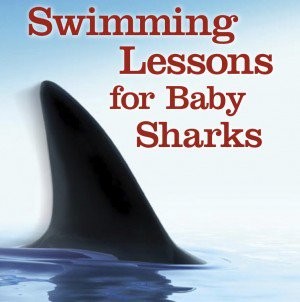Are the moral landscape of our times rather impoverished? You're not alone. Rod Dreher suggests taking a cue from a ninth-century monk and retreating from modernity
Czech-Canadian computer programme is first to beat poker players
Czech-Canadian computer programme is first to beat poker players
The Economist covers some important new research out of George Mason University on the search for new antibiotics:

MYTHOLOGY is rich with tales of dragons and the magical properties their innards possess. One of the most valuable bits was their blood. Supposedly capable of curing respiratory and digestive disorders, it was widely sought. A new study has provided a factual twist on these fictional medicines. Barney Bishop and Monique van Hoek, at George Mason University in Virginia, report in The Journal of Proteome Research that the blood of the Komodo dragon, the largest living lizard on the planet, is loaded with compounds that could be used as antibiotics.
Komodo dragons, which are native to parts of Indonesia, ambush large animals like water buffalo and deer with a bite to the throat. If their prey does not fall immediately, the dragons rarely continue the fight. Instead, they back away and let the mix of mild venom and dozens of pathogenic bacteria found in their saliva finish the job. They track their prey until it succumbs, whereupon they can feast without a struggle. Intriguingly, though, Komodo dragons appear to be resistant to bites inflicted by other dragons.Most animals—not just Komodo dragons—carry simple proteins known as antimicrobial peptides (AMPs) as general-purpose weapons against infection. But if the AMPs of Komodo dragons are potent enough to let them shrug off otherwise-fatal bites from their fellow animals, they are probably especially robust. And that could make them a promising source of chemicals upon which to base new antibiotics.
You probably know all about the business rates scandal but let me tell you about two less well-publicised changes that will clobber almost every small enterprise as well as hordes of people who are freelance or self-employed. Which is to say, writers, artists, actors, musicians, designers, photographers, composers and so on and on; in other words, the great body of individuals who comprise the creative sectors which contribute so much to the economy Why do we punish the most productive and creative people in the economy?

